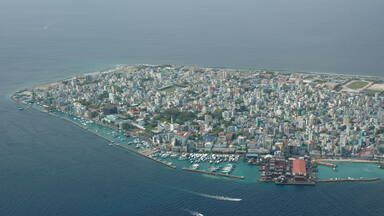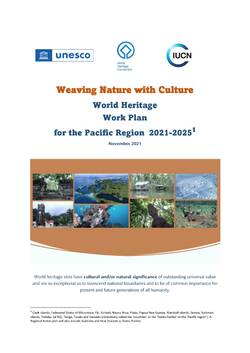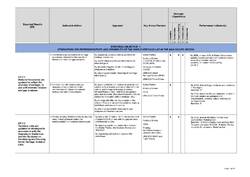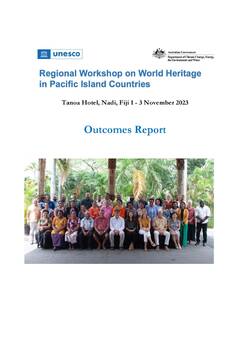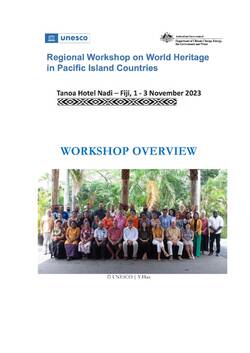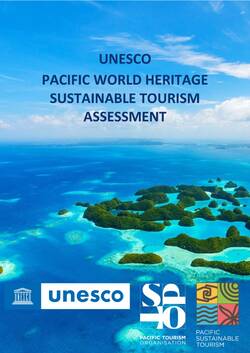Building momentum for World Heritage in the Pacific
With large ocean spaces and customary land tenures, UNESCO World Heritage sites in the Pacific region link culture and nature with people and communities through their unique values and management systems.
However, Pacific Island countries are underrepresented on the UNESCO World Heritage List. This is not due to the lack of globally significant natural and cultural heritage places but to the limited funding and technical expertise available to these nations to follow the nomination process. Pacific Island countries are also highly vulnerable to the impacts of climate change and increasing demands for natural resources, and their unique attributes are at risk without suitable protection and adaptation measures.
The UNESCO Office for the Pacific States partnered with the Department of Climate Change, Energy, the Environment and Water of the Australian Government to support Pacific Island Countries in identifying potential sites for World Heritage nomination and developing skills and mechanisms to protect and preserve them.
More than 40 national stakeholders representing all Pacific States, representatives from regional organizations and the Council of Regional Organisations of the Pacific (CROP Agencies) engaged in the 3-day regional workshop (1-3 November 2023, Nadi, Fiji). It marked a pivotal step in addressing the underrepresentation of Pacific Island Countries on the World Heritage List and signified a commitment to preserving natural and cultural heritage. The workshop also provided the opportunity to present the outcomes of the 3rd cycle of the Periodic Reporting exercise for the APA and its Regional Framework Action Plan (2023-2029).
Work towards the objectives we set with the Pacific Regional World Heritage Workplan 2021-2025, but also to connect and create a community working together for the protection of Pacific natural and cultural heritage
The workshop was arranged to maximize technical capacity building and sharing of local and regional experiences through talanoa (“talk” or “discussion” in Fijian, Samoan and Tongan), which is a Pacific Island form of dialogue that brings people together to share opposing views without any predetermined expectations for agreement. The workshop sessions encouraged dialogue and a participatory approach, embracing the Pacific cultural contexts where communities learn effectively through storytelling and sharing experiences. For many participants, the workshop marked the first time they met face-to-face with colleagues from other Pacific States, and the exchanges were lively and fruitful.
A post-workshop webinar was convened in December 2023, allowing participants to be actively engaged in finalizing the Outcomes Report . This comprehensive document and the Workshop Overview encapsulate the diverse insights and priorities identified throughout the discussions. The documents identify different priorities in areas of funding, regional coordination, awareness, national coordination, regional-level leadership, community engagement, World Heritage processes, capacity development, regional discourse and networking, and national legislative frameworks.
The UNESCO Office for the Pacific States has also been working with the Pacific Tourism Organization (SPTO) and carried out a comprehensive assessment of the sustainable tourism potential of UNESCO World Heritage Sites in the Pacific in 2023. The Sustainable Tourism Assessment for World Heritage Sites in the Pacific examines various factors influencing tourism, including socio-political contexts, management strategies, and stakeholder dynamics; it also sets out recommendations and priority areas for support.
In the coming biennium, partnerships between UNESCO, the Australian Government, and SPTO will continue to implement selected recommendations and offer ongoing assistance through training and mentorship to Pacific Island countries. Capacity-building programmes and specifically designed tools will support countries in better preserving the region’s unique cultural and natural heritage.

